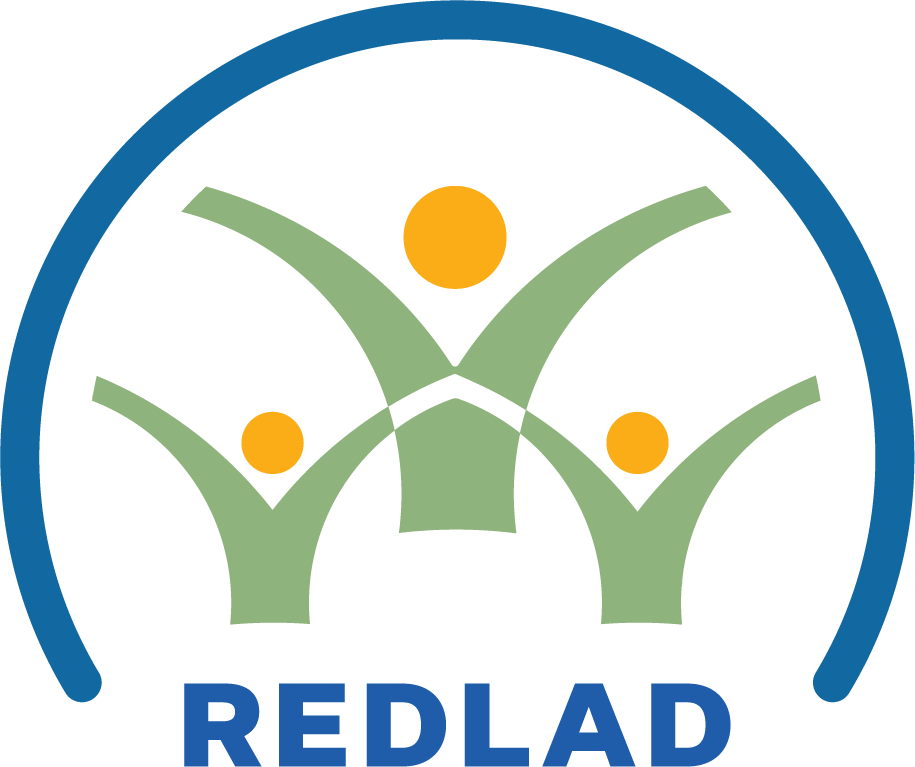Foto: El Faro – Carlos Barrera
Since President Nayib Bukele asked the Salvadoran Assembly to decree a state of exception, the human rights crisis has increased. Having the majority of parliamentarians, its immediate approval was not a problem. It is a legislative body with a worrying absence of political control over the government and, therefore, has been widely criticized for approving, without major objections, the president’s proposals.
The Salvadoran administration has chosen to take the most radical measures to confront the wave of violence that the country has been experiencing in recent weeks. Homicides, for example, increased to unsuspected levels, last weekend at least 80 people were murdered in different parts of the country, presumably by gang members.
However, various sectors of the Salvadoran citizenry and civil society organizations as well as those of the continent have been deeply critical and concerned about what this measure means and about the government’s actions in recent days.
📢 80+ personas fueron asesinadas en #ElSalvador 🇸🇻 este fin de semana, por lo que el Presidente Bukele decretó un #RégimenDeExcepción que suspende algunos derechos constitucionales
🌐Lee lo que han dicho 70 orgs internacionales, entre ellas, Redlad:https://t.co/qNMJawxrWh
— REDLAD 🌎 (@REDLADoficial) March 31, 2022
On the one hand, the State of exception means, in a nutshell, the annulment of freedom of assembly, the right to a defense attorney; extend the retention of persons for 15 days without formal accusation; decree focused states of siege and the inviolability of correspondence or the prohibition of tapping telephone calls. And on the other, the way in which the government manages prison policy, since it has shown that it does not respect the minimum human rights standards for people deprived of liberty and, on the contrary, has encouraged inhuman treatment.
Being criticized for the above, President Bukele has chosen to stigmatize and insinuate that the work in defense of human rights that many organizations do “are not interested in the victims, they only defend murderers”, as he stated in a tweet responding to Carolina Jimenez Sandoval, president of The Washington Office on Latin America (WOLA).
Estos vividores de las ONGs internacionales dicen velar por los derechos humanos, pero no se interesan por las víctimas, solo defienden asesinos, como si disfrutaran ver los baños de sangre.
Dígame cuántos miles de pandilleros va a llevarse, para que los traten como reyes allá. https://t.co/uSpY0nXlv1
— Nayib Bukele (@nayibbukele) March 29, 2022
In the same sense, he criticized the pronouncement of the Inter-American Commission on Human Rights (IACHR) and expressed concern about the measures against people deprived of their liberty.
Ya salió la CIDH a defender a los pandilleros.
Pero ni una sola palabra sobre las víctimas de estos asesinos.
Queda claro de que lado están.
Los países deberíamos de evaluar retirarnos de estas organizaciones internacionales que solo buscan mantener a nuestra gente sufriendo. https://t.co/7Al3y6rhlo
— Nayib Bukele (@nayibbukele) March 29, 2022
Therefore, from the Latin American and Caribbean Network for Democracy (Redlad):
- We demand that the government of President Nayib Bukele stop the stigmatization against civil society organizations, human rights defenders and international organizations that ensure their protection, since their successive pronouncements endanger their work, life and integrity.
- We urge the international community, especially the Inter-American Rights System and the Organization of American States (OAS), to reject both the Bukele government’s mistreatment of civil society and the measures it is taking within the framework of the State of Exception, every time that has violated international standards and treaties on human rights.
- We express our rejection of the use of violence by criminal groups and we stand in solidarity with the victim families, communities and the entire population that suffers from this crime. We reaffirm your right to live in peace and free from violence.
Democracy in El Salvador is in danger if President Bukele insists on not allowing criticism and legitimate protest, as required by law and his international commitments.

